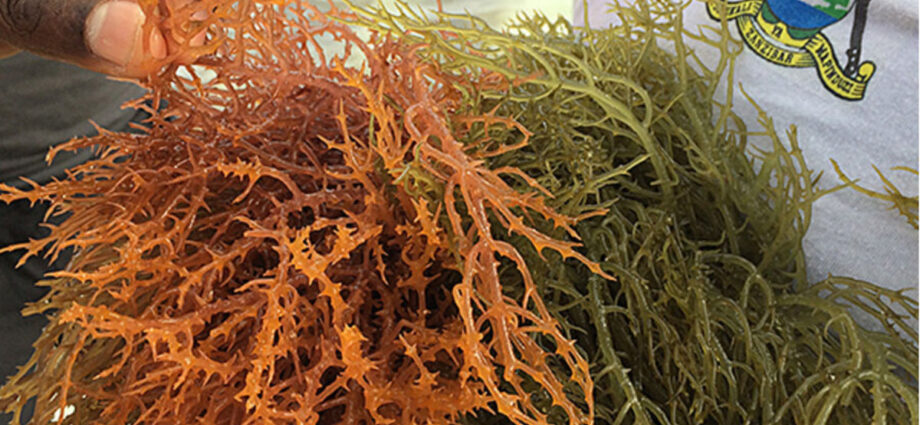Records available at the Zanzibar Investment Promotion Authority (ZIPA) show investments in the areas of tourism and fisheries on the isles, worth hundreds of millions of dollars.
ZIPA’s Shida Makame said in the past two years they have registered 39 projects in the sectors of fisheries and tourism.
“We have nine projects in the fisheries, with 30 tourism projects registered at ZIPA,” she explained.
According to her, investments in the islets have attracted some $442 million, whereas investments in the processing of sea products, including fisheries, have so far brought in investments worth $18.26 million.
Her statement is corroborated by the Ministry of Blue Economy and Fisheries’ Principal Secretary, Dr Aboud Jumbe, who said from the onset they were out to empower the community into realizing the potential of investing in the sector.
As part of the initiative, in partnership with other stakeholders, SMZ, through the Covid –fund has supplied fibre boats to fishermen to enable them to carry out fishing as compared to the rudimentary tools they were using.
“This initiative, which has seen us provide 1077 fibre boats, is likely to benefit nearly 150,000 people, but we haven’t stopped there; we’ve also empowered seaweed farmers to ensure they harvest clean weed,” Dr Jumbe said.
He, too, believes that the future of the blue economy is bright, and it is already bearing fruit with volumes of fish increasing from the initial 35,000 tonnes to 47,000 tonnes in 2021, with volumes expected to hit 55,000 tonnes.
Seaweed volumes too have increased to hit a record of 21,000 tonnes in the past year, and with more investment, this is set to almost triple.
“We have issued 31 deep-sea fishing licences, which is set to bring in value addition, plus the new fish market built in partnership with JICA is set to open soon, all pointing at brighter times ahead,” he said.
Dr Mohammed Hafidh Khalfan, the chairman of the Zanzibar Research Centre for Social Policy and Economic Analysis, says it is a critical area where the government can rely on to deliver some of its promises to the electorate.
He sees a major hurdle to achieving the intended goals in the mindset of the community, which requires change for the desired goals to be achieved.
“Zanzibar is made up of islands, and therefore the sea is our oil; unfortunately, it has been underutilized in the past.” “Our fishermen have yet to fully realize their potential; many are small-scale fishermen,” Dr. Khalfan said.
According to him, there is a need to train professionals in the area who will in turn disseminate the message to the community.
“Everyone should understand their position in the setup of the blue economy from where they are, be it fishing, tourism, or even value addition,” he said.
His claim is backed up by businessman and economic analyst Abdulhamid Mshangama, who says that the sea’s riches are vast but at the moment are still only a potential.
“There is plenty that we can do with the ocean; half of the 300,000 jobs that were promised by the government will have to come from the blue economy,” he said.
He cites Singapore as having one of the most successful blue economy from which Zanzibar and Tanzania in general can learn.
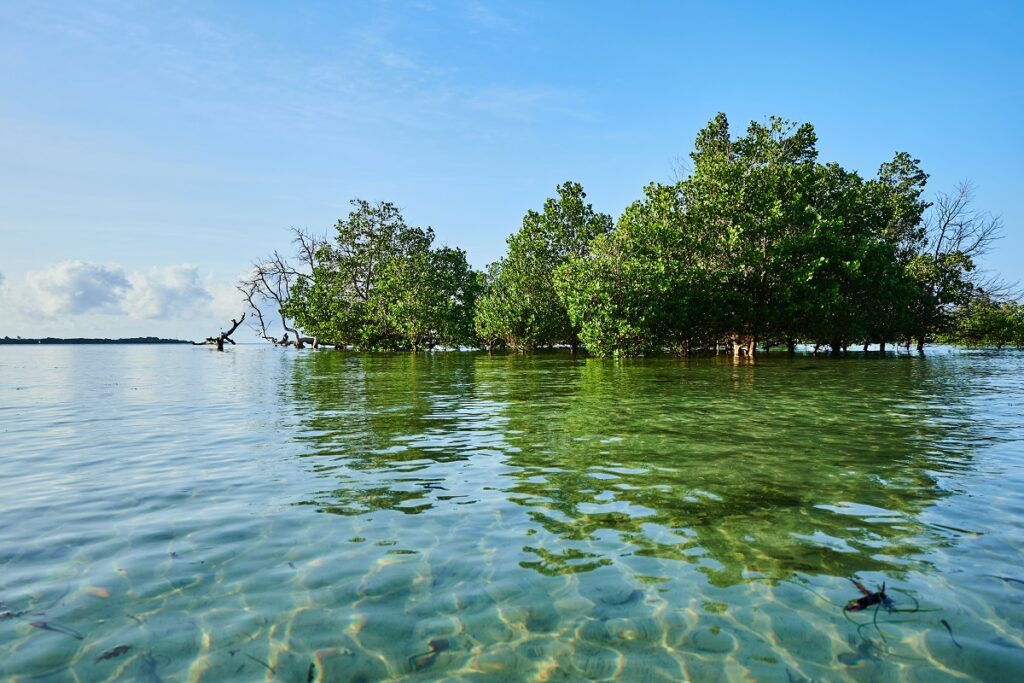
What is Zanzibar’s Blue Economy and How is it Performing
For the people of Zanzibar, fishing and farming are the main economic activities. From the beginning of the 19th century to the mid-1970s Zanzibar exported a large proportion of the world’s supply of cloves, and the islands’ economy was based largely on this commodity. Some diversification has occurred since then as the world market price for cloves fell dramatically in the 1980s, but cloves are still a major export, along with coconut products and other spices. In recent years, seaweed has also become an important export commodity. The potential for tourism to be a major earner of foreign currency has been recognised and this is being developed.
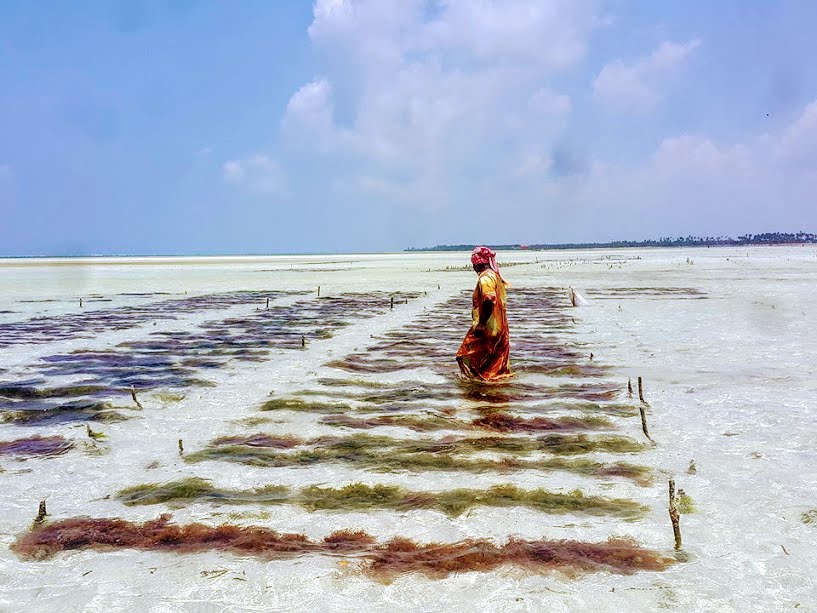
Seaweed Farming
In 1989, seaweed farming was introduced on the east coast of Unguja (Zanzibar island) and has since become a vital source of income for coastal villagers. The seaweed is planted and tended on beach areas between the high- and low-water marks (see sustainable seaweed farming box, page 225). It is harvested and dried, collected in Zanzibar town, and then exported to several countries in Europe and Asia for use as a food thickener or stabiliser. Seaweed is now a valuable addition to Zanzibar’s traditional exports of coconuts, cloves and other spices. (for details on cloves and coconuts see boxes.)
Despite the success with seaweed, exports are still very limited, and Zanzibar imports many basic foodstuffs, including rice (from Pakistan, Thailand, Vietnam, Indonesia, India, China and the USA), maize (from mainland Tanzania), cooking oil (from Kenya, Tanzania, Singapore and Dubai), sugar (from Brazil), plus wheat and flour (from France, Germany and the USA). Other imports include mineral water (from the Gulf states) and beer (from Denmark).
Tourism
The first half of the 1990s saw a dramatic increase in the development of tourism. The Zanzibar commission for tourism was founded in 1987 to promote zanzibar as a tourist destination, and in 1992 the Zanzibar investment promotion agency was created to encourage overseas investment, particularly in tourism projects.
In 1995, over 56,000 visitors were arriving in Zanzibar each year – contributing an estimated US$1,971 million to the economy. By the end of 2005, numbers had exceeded 100,000 visitors per year for the first time. Tourist arrivals to Pemba and the Mafia Archipelago remain insignificant by comparison.
While far below the figures recorded by countries like Kenya, these figures show that Zanzibar’s tourism industry has changed gear since the early 1980s. Tourism currently represents about 20% of Zanzibar’s gross domestic product (GDP), which contrasts with cloves, which account for around 45% of GDP. Whilst export earnings from this traditional commodity fall (for more details see the Cloves box in the Flora section on page 48), the income from tourism is rising to plug the gap. Some observers expect it to be Zanzibar’s largest generator of foreign exchange within about a decade.
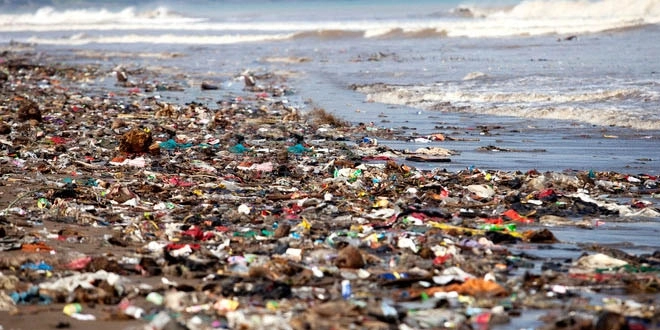
Still More to Do…
It’s not all good news though. Although tourism has obvious financial benefits, it isn’t always managed sustainably. For years beach sand was used for construction, leading to problems of erosion. Mangrove poles used in new buildings are seldom sustainably harvested, resulting in a reduction in mangroves and an acceleration of coastal erosion.
Fresh water is very precious on low-lying islands like these, and there is evidence of groundwater depletion; water levels in wells used by villagers for generations have dropped. One survey claimed that on average, tourists use 180 litres of water per day (this of course includes all use – washing, laundry, hotel cleaning, etc) compared with the average local Zanzibari’s consumption of less than 40 litres. There is also concern about over-fishing, particularly for crab, lobster, squid and octopus, to supply a growing number of restaurants catering for tourists.
Most pragmatic observers agree that it’s not tourism which is the problem per se; it’s the sustainability of those tourism developments. It’s all about how responsible the tourism enterprises are with the resources and culture of the islands. This issue of ‘sustainability’ and ‘responsible tourism’ is moving up the agenda, as witnessed by consciously responsible lodges like Chumbe Island and Mafia’s Chole Mjini, but there’s a long way to go before all of the hotels and lodges match the high standards set by these.
Officially, the government recognises this problem, and back in 1992 introduced a National Environmental Policy for Zanzibar, stressing that the quality of life of the Zanzibaris should not be harmed by the destruction of their environment, and that cultural and biological diversity should be preserved. In the words of President Salmin Amour, ‘unchecked development could soon become unsustainable for our people and our small islands’.
There are certainly more checks on developments than there used to be. For example, a developer needs to apply for specific permission to take any sand for any reason – even to use small amounts to lay beside a swimming pool. We must hope that environmental restrictions like this gather momentum, while visitors are asked to their part to act as responsibly towards Zanzibar’s environment and cultures.
In the midst of climate change how the environment is handled by the Government in the next few years is critical to the Blue Economy in Zanzibar.
Share this news
This Year’s Most Read News Stories

Tanzania Confirms Second Marburg Outbreak After WHO Chief Visit
Dar es Salaam — Tanzania’s President Samia Suluhu Hassan has declared an outbreak of Marburg virus, confirming a single case in the northwestern region of Kagera after a meeting with WHO director-general Tedros Adhanom Ghebreyesus.
The confirmation follows days of speculation about a possible outbreak in the region, after the WHO reported a number of deaths suspected to be linked to the highly infectious disease.
While Tanzania’s Ministry of Health declared last week that all suspected cases had tested negative for Marburg, the WHO called for additional testing at international reference laboratories.
“We never know when an outbreak might occur in a neighbouring nation. So we ensure infection prevention control assessments at every point of care as routine as a morning greeting at our workplaces.”Amelia Clemence, public health researcher
Subsequent laboratory tests conducted at Kagera’s Kabaile Mobile Laboratory and confirmed in Dar es Salaam identified one positive case, while 25 other suspected cases tested negative, the president told a press conference in Dodoma, in the east of the country today (Monday).
“The epicentre has now shifted to Biharamulo district of Kagera,” she told the press conference, distinguishing this outbreak from the previous one centred in Bukoba district.
Tedros said the WHO would release US$3 million from its emergencies contingency fund to support efforts to contain the outbreak.
Health authorities stepped up surveillance and deployed emergency response teams after the WHO raised the alarm about nine suspected cases in the region, including eight deaths.
The suspected cases displayed symptoms consistent with Marburg infection, including headache, high fever, diarrhoea, and haemorrhagic complications, according to the WHO’s alert to member countries on 14 January. The organisation noted a case fatality rate of 89 per cent among the suspected cases.
“We appreciate the swift attention accorded by the WHO,” Hassan said.
She said her administration immediately investigated the WHO’s alert.
“The government took several measures, including the investigation of suspected individuals and the deployment of emergency response teams,” she added.
Cross-border transmission
The emergence of this case in a region that experienced Tanzania’s first-ever Marburg outbreak in March 2023 has raised concerns about cross-border transmission, particularly following Rwanda’s recent outbreak that infected 66 people and killed 15 before being declared over in December 2024.
The situation is particularly critical given Kagera’s position as a transport hub connecting four East African nations.
Amelia Clemence, a public health researcher working in the region, says constant vigilance is required.
“We never know when an outbreak might occur in a neighbouring nation. So we ensure infection prevention control assessments at every point of care as routine as a morning greeting at our workplaces.”
The Kagera region’s ecosystem, home to fruit bats that serve as natural reservoirs for the Marburg virus, adds another layer of complexity to disease surveillance efforts.
The virus, closely related to Ebola, spreads through contact with bodily fluids and can cause severe haemorrhagic fever.
Transparency urged
Elizabeth Sanga, shadow minister of health for Tanzania’s ACT Wazalendo opposition party, says greater transparency would help guide public health measures.

Sign up for free AllAfrica Newsletters
Get the latest in African news delivered straight to your inbox
“This could have helped to guide those who are traveling to the affected region to be more vigilant and prevent the risk of further spread,” she said.
WHO regional director for Africa Matshidiso Moeti says early notification of investigation outcomes is important.
“We stand ready to support the government in its efforts to investigate and ensure that measures are in place for an effective and rapid response,” she said, noting that existing national capacities built from previous health emergencies could be quickly mobilised.
The situation coincides with leadership changes in Tanzania’s Ministry of Health, with both the chief medical officer and permanent secretary being replaced.
This piece was produced by SciDev.Net’s Sub-Saharan Africa English desk.
Source: allafrica.com

Top US investor sells 600m Safaricom shares in dividend protest
An American multinational investment management firm is selling millions of shares held in Safaricom in protest over delays in dividend repatriation amid the fall of the telco’s valuation to below Sh600 billion.Continue Reading
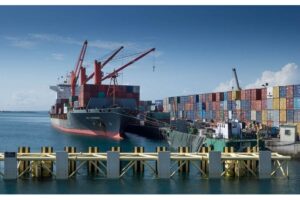
Mwinyi lashes out at Zanzibar Airport, Port inefficiency claims
Zanzibar President Hussein Mwinyi has lashed out at the Opposition ACT Wazalendo, saying that the claims it raised about inefficiency in three areas within his Government were only meant to mislead the publicContinue Reading

